The Best Proven Ways to Use Tea for Digestion
TEATIME NOTES
Find tips, recipes, and articles to increase your delight and enjoyment of tea.
The Best Proven Ways to Use Tea for Digestion

How to Make Tea for Better Digestion
Do you use tea for digestion? Tea has been used as a natural remedy for better digestion for thousands of years. But, is there any real science to back up these claims? Yes!
Some herbal teas and some real teas can help alleviate symptoms or help improve digestion or even gut health. Most tea recommendations for digestion health are herbal teas you can make at home. But real teas like black, oolong, and green also have their place in helping digestive health.
If you want to improve your digestion, you have to pay attention to your gut. The health of your gut has a large bearing on your digestion and your overall health. Let’s take a quick look at your gut so you understand why taking care of it is so important.
The Importance of Gut Health

Doctors are discovering that your gut has a large impact on your overall health — not just your digestion. When we talk about your gut, we aren’t talking about your tummy. We are talking about the organs and organisms inside your body.
Your gut is made of your colon, stomach, and intestines, but these organs do so much more than digest your food. An unhealthy gut may not only cause digestion issues, but it can also cause high cholesterol, and high blood sugar, and cause you to gain weight.
A large portion of these studies focus on the gut microbiome which is made up of trillions and trillions of fungi and bacteria — both good and bad. It turns out, if you improve your gut health and support the growth of healthier microbes in your gut, you may help improve your digestion and improve other areas of your health.
Eating a large variety of healthy vegetables, fruits, whole grains, and fermented foods is important for the growth and maintenance of healthy microbes in your gut. And guess what? Different kinds of tea for digestion — like herbal teas and real teas — can help, too!
Let’s take a look at some of the more powerful herbs that may help your digestion. We have some tea recommendations and easy recipes to make easy herbal infusions at home.
Three Powerful Herbal Teas for Digestion

Ginger, peppermint, and fennel are probably three of the most common foods for alleviating digestion issues. They can be eaten on their own or enjoyed as “tea”. It’s not real tea made from tea leaves, but herbal infusions have unique digestive benefits.
For most people, peppermint, ginger, and fennel can help alleviate symptoms and digestive issues like bloating and inflammation. Let’s take a look at each one.
1. Peppermint

Peppermint oil is used to help improve irritable bowel syndrome by a significant percentage in studies. It can help inflammatory symptoms in the large intestine like gas, bloating, and stomach pressure. Peppermint can be steeped into a tea for digestion to help with symptoms.
How to Make Peppermint Tea
You can make peppermint tea at home using fresh peppermint leaves. Boil a cup of hot water and soak about 10 fresh peppermint leaves for 10 minutes. Strain and enjoy!
2. Ginger

Ginger can help with nausea and sickness caused by motion sickness, chemotherapy, and even pregnancy. It’s a powerful spice that triggers stomach emptying by moving your digested food to the small intestine and alleviating some of that stomach pressure. Ginger may help with gas, indigestion, and cramping, too.
How to Make Ginger Tea
Making ginger tea for digestion at home is simple. Boil a few cups of water and two tablespoons of sliced ginger root for at least 10 minutes — but no more than 20 — before straining and drinking. You can also grate fresh ginger and leave it in the liquid for a more potent spicy flavor and stronger effects.
3. Fennel

Fennel is a licorice-tasting herb that can be eaten cooked or raw. Studies show it can help activate bowel movements and help with constipation. Fennel can also help alleviate or prevent stomach ulcers.
How to Make Fennel Tea
You can make your own fennel tea for digestion at home by steeping one teaspoon of fennel seeds or grated fennel root in one cup of hot boiled water. Let the fennel steep for at least 5 minutes and up to 10 minutes, then strain and enjoy.
Real Teas and How They Affect Digestion

Certain spices and herbal teas can certainly help your digestion and gut health, but so can real tea. All true teas are made from the Camellia sinensis plant. How the leaves are handled after harvesting creates black, green, oolong, or white teas.
These teas also have distinct health benefits. This means different types of tea may be better at alleviating and addressing certain digestive symptoms. Other teas may help more with overall gut health.
Let’s take a look at black, green, and fermented teas to see how they can help with digestion and gut health.
Black Tea

Earl Grey Loose-Leaf Tea - $16.95
The miraculous health benefits of black tea go far beyond digestion. In a previous blog, we unveiled the anti-cancer properties of black tea. It turns out black tea for digestion can improve your symptoms and gut health.
Thearubins and theaflavins are healthy compounds that might protect you against stomach ulcers. In studies, black tea helped protect against ulcers. In another study, black tea extract helped with uncomfortable indigestion caused by medications.
Green Tea

Jasmine Pearls Loose-Leaf Tea - $25.95
The health benefits of green tea are also abundant and may have anti-cancer properties that differ from black tea. Green tea can help improve gut health and be used as a tea for digestion.
Drinking about four to five cups — or 1000 mL — of green tea a day may increase bifidobacterium. This is a good gut bacteria that may help improve IBS, eczema, and other health conditions connected to the microbiome and gut health.
Fermented and Aged Teas

Tie Guan Yin Loose-Leaf Oolong Tea - $19.95
Black, oolong, and pu-erh teas all go through an additional oxidation and/or fermentation process. Through this fermentation, the tea leaves turn dark. The compounds from the darkening process may help with microbial diversity in your gut.
These compounds may help regulate the firmicutes to bacteroidetes (F/B) ratio which is important for intestinal balance. When these bacteria are off balance, they can trigger a number of health conditions such as obesity, breast cancer, type 2 diabetes, and inflammatory bowel disease, to name a few. Consider adding a black, oolong, or pu-erh tea for digestion health and to help maintain that balance.
Some Precautions for Teas and Herbs

Herbal and real teas may be incredible teas for digestion for most people, but drinking too much can have unsavory side effects.
Real tea has caffeine — even if it’s decaffeinated it has trace amounts of caffeine — which means it may affect your ability to sleep. Be careful if you’re caffeine-sensitive or intolerant. Drinking too much tea can also cause stress and anxiety or a racing heart in some people.
Tannins
Drinking over-steeped or lower-quality tea can release bitter tannins that cause that chalky texture on your tongue and an astringent flavor. These tannins may also make some people feel nauseous or cause headaches.
Everything in Moderation
Remember to always drink tea in moderation. What feels great for you may not feel great to someone else. Learn to read your body signals and always talk to a doctor before making changes to your diet, especially if you’re on medications.
Talk to Your Doctor If You’re On Medications
Certain medications don’t mix well with herbs like peppermint, ginger, or fennel. Those with gastroesophageal reflux disease (GERD) may experience more heartburn or indigestion from peppermint. People on blood-thinning medications and people with diabetes should talk to their doctor before drinking ginger tea for digestion as it may affect blood sugar levels.
When in doubt, always talk with your doctor to make sure certain teas, herbs, or spices are safe to take with your current medications or treatments.
Discover Tea for Digestive Health at Teabloom

Are you ready to take the plunge into better digestion and gut health? Explore responsibly sourced USDA-certified organic teas and exceptional teaware from Teabloom.
Since the beginning, Teabloom has been on a mission to clean up the tea industry one teacup at a time. Their sustainable and chemical-free teaware looks gorgeous and it’s a healthy alternative to traditional teaware that may leach toxins into your tea.
Teabloom is more than a teaware company — it’s a sustainable health movement.
Help us lead the way to a more transparent and respectable tea industry. Explore Teabloom’s teaware and teas and make the switch, today.
*The information provided in this post is not intended to be a substitute for professional medical advice, diagnosis, treatment, or prevention. If you or someone you know has a medical concern, you should consult with your professional healthcare provider or seek other professional medical treatment.

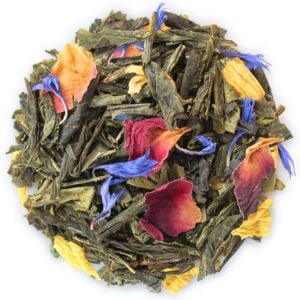

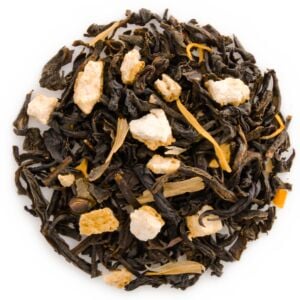
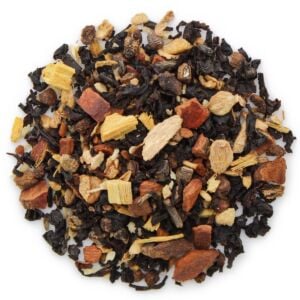
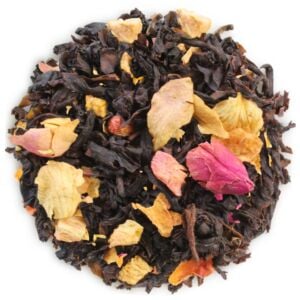
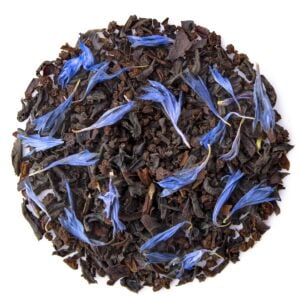
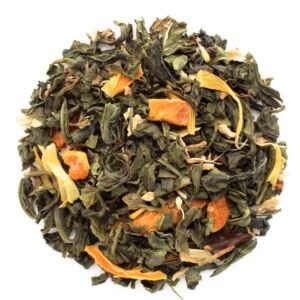
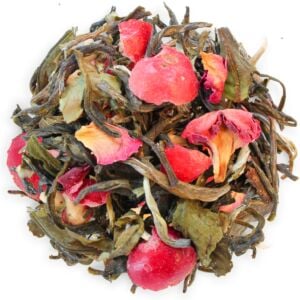
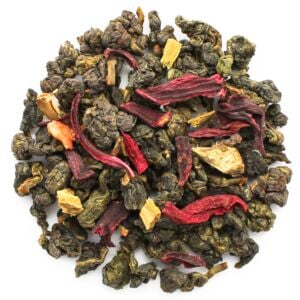
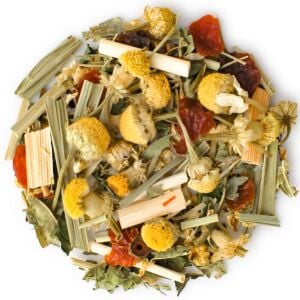
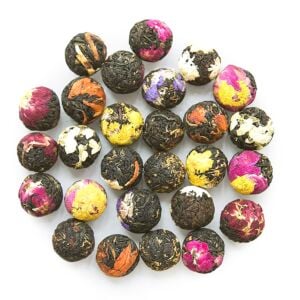


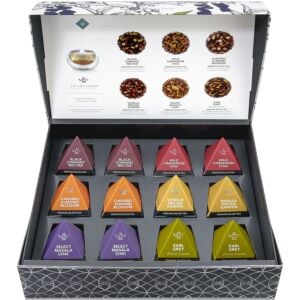
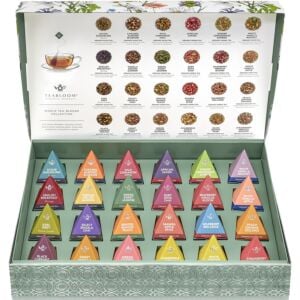

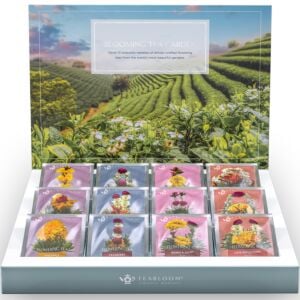
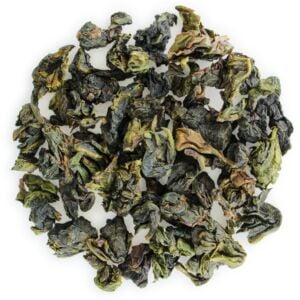
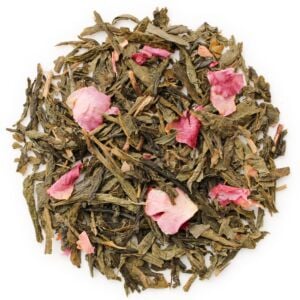
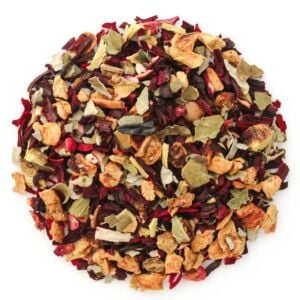
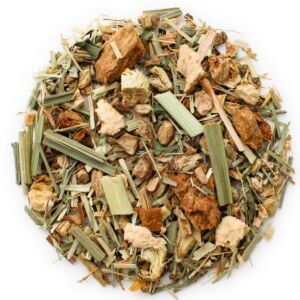
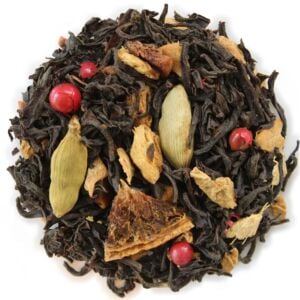
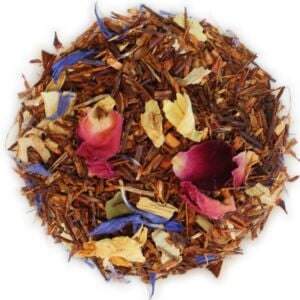
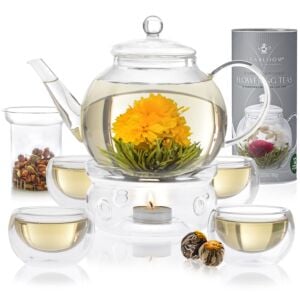
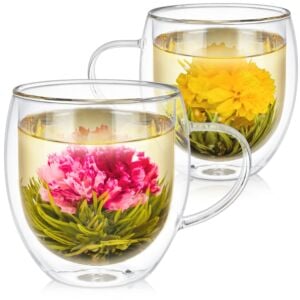
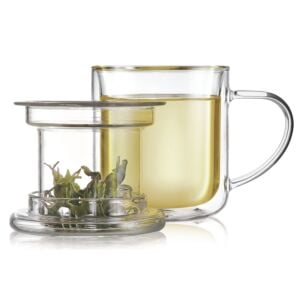
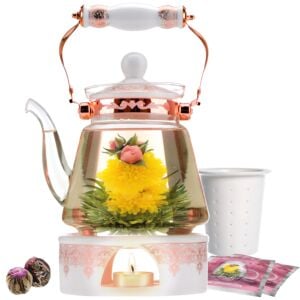
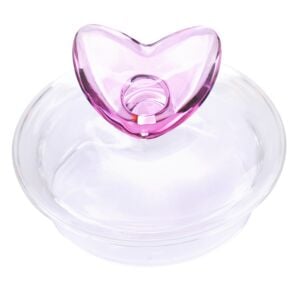
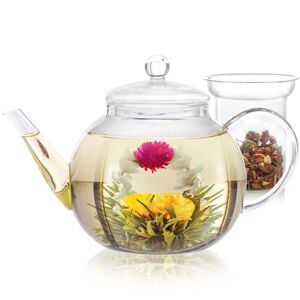
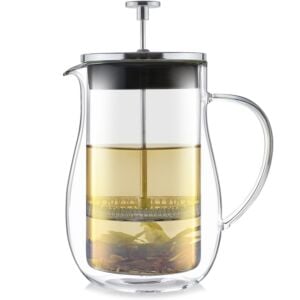
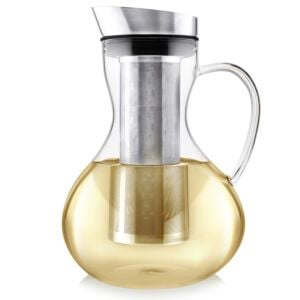
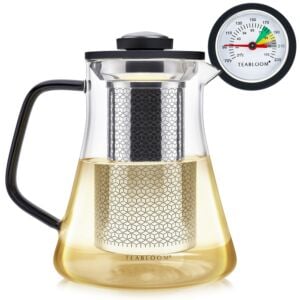
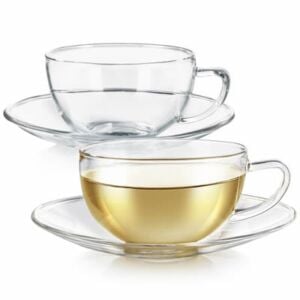
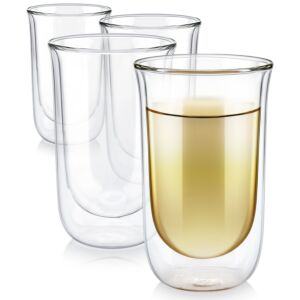
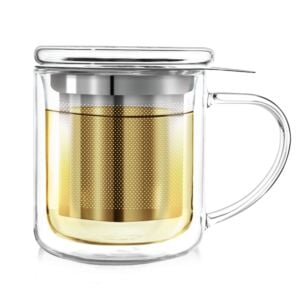
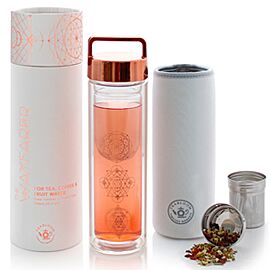

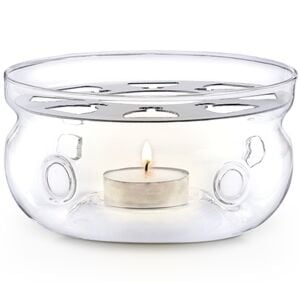
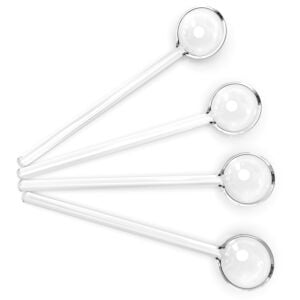
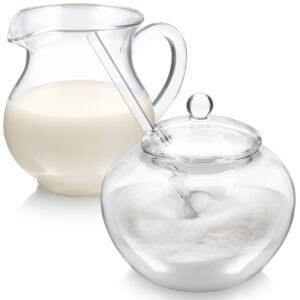
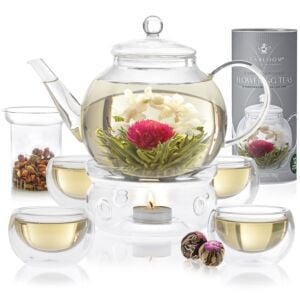

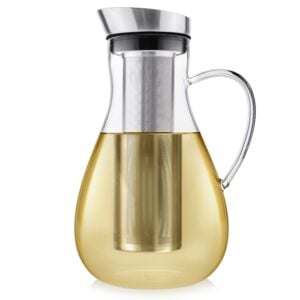
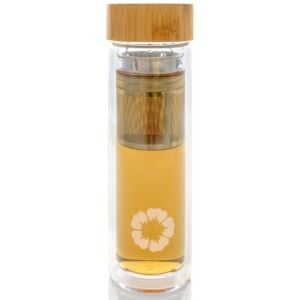
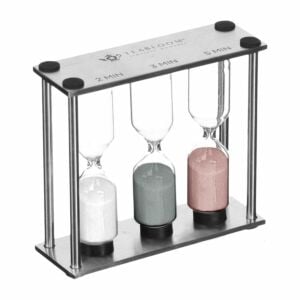
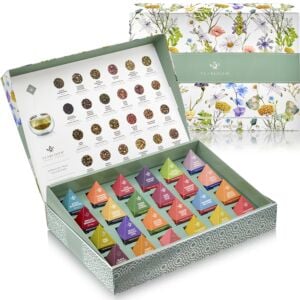
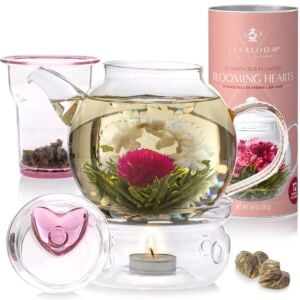
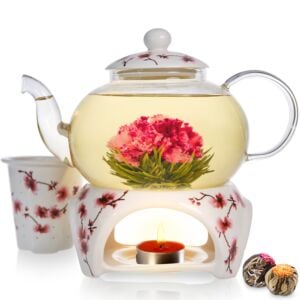
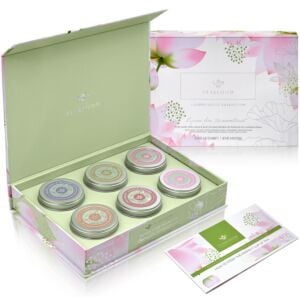
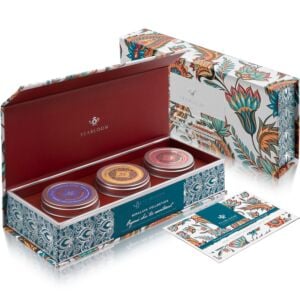
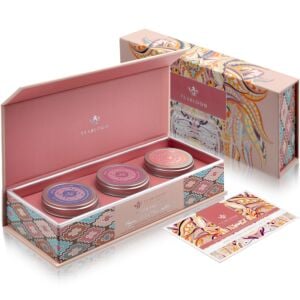

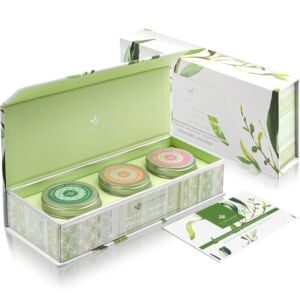
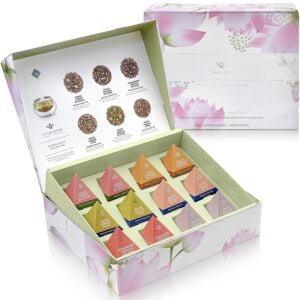
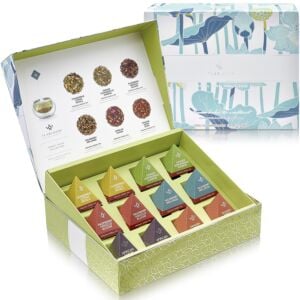
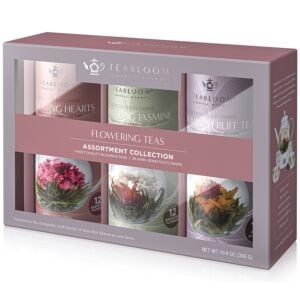

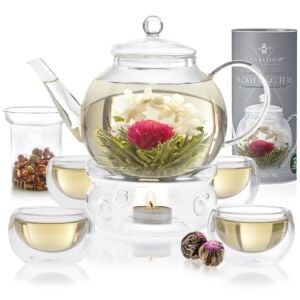
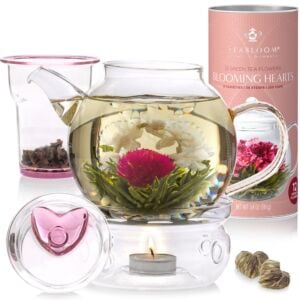
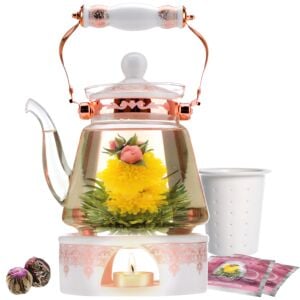
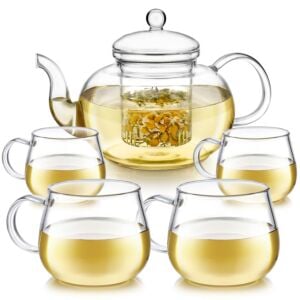
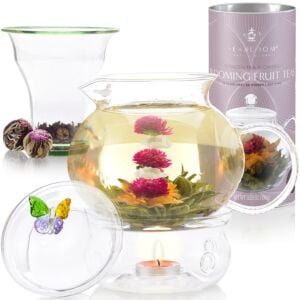
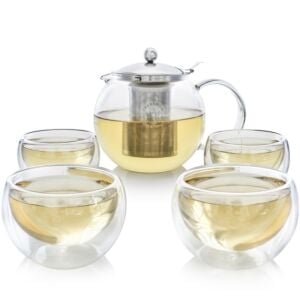
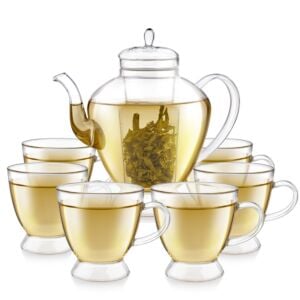
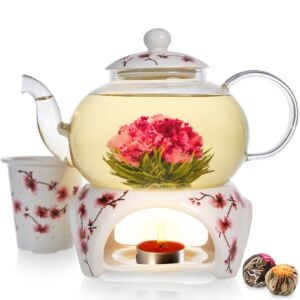
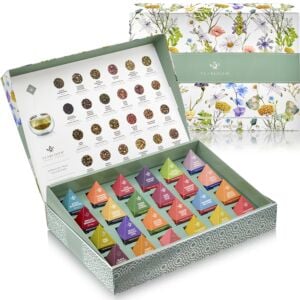
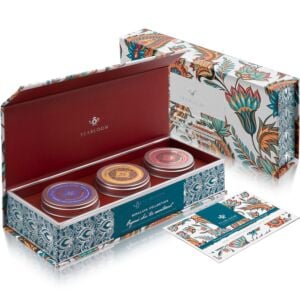
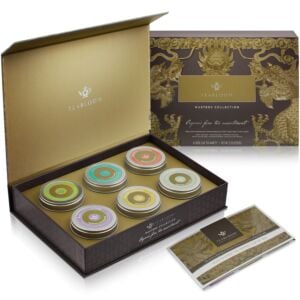
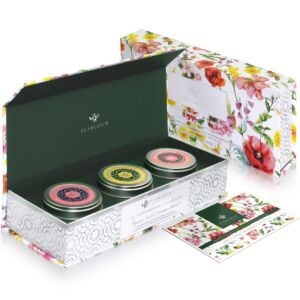
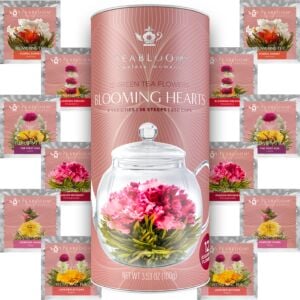
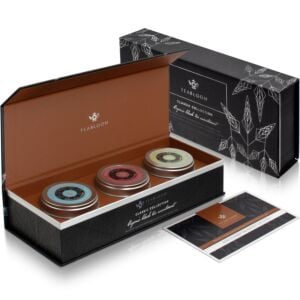
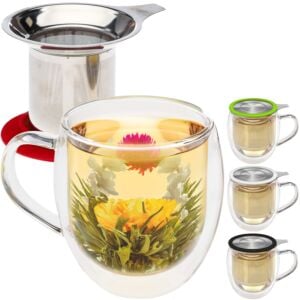


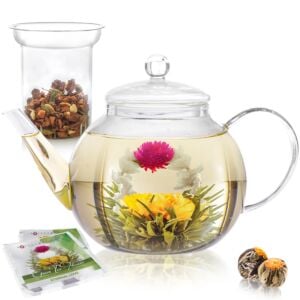
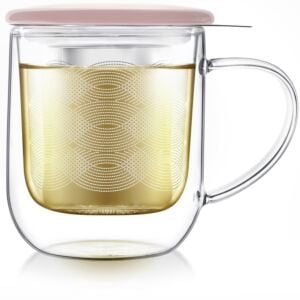

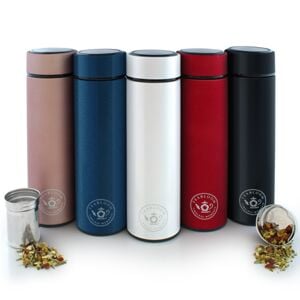
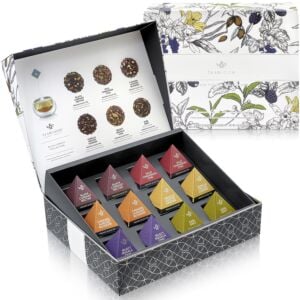
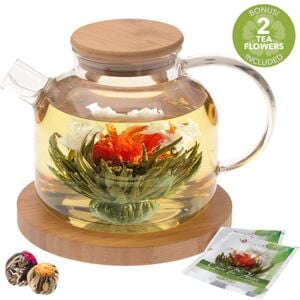
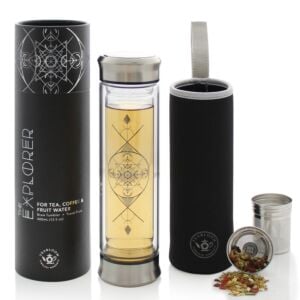
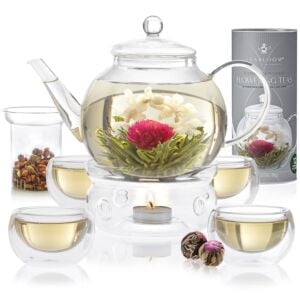
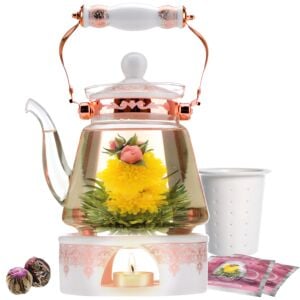
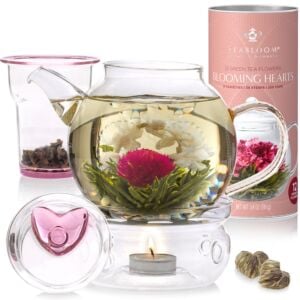
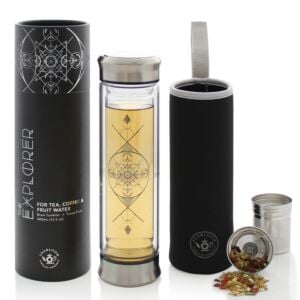
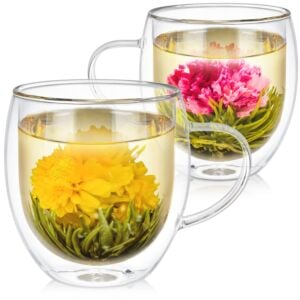
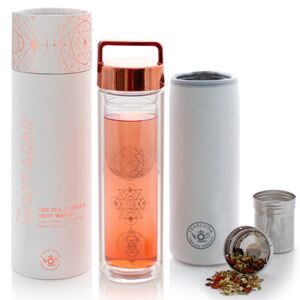
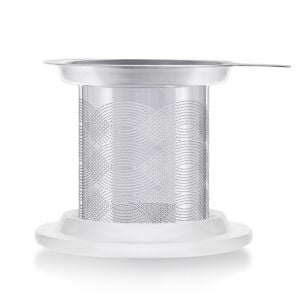
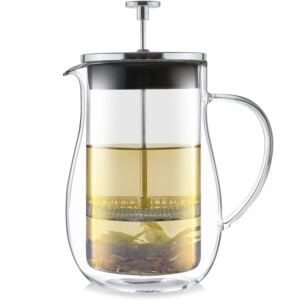
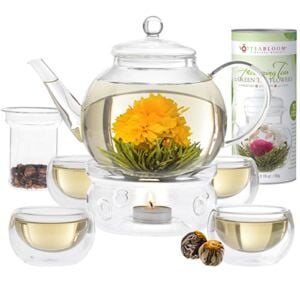

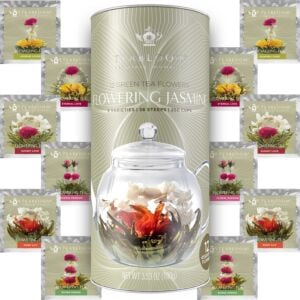

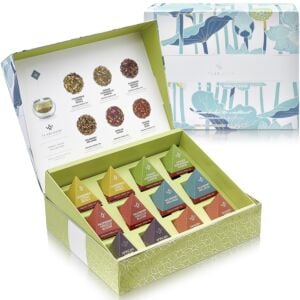
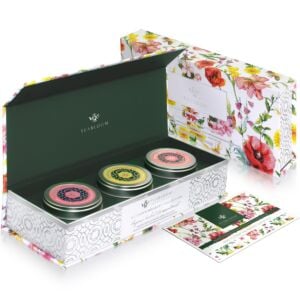
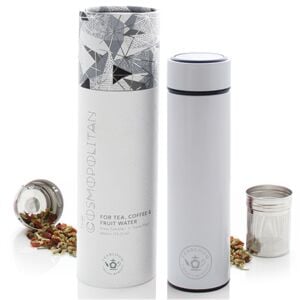

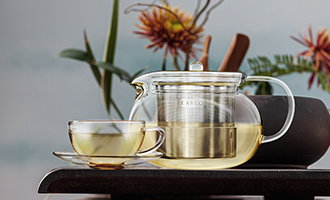
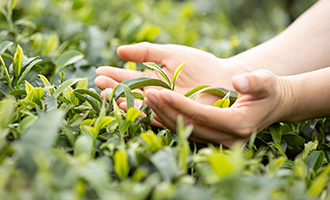
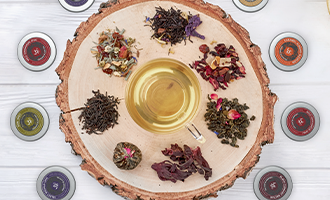


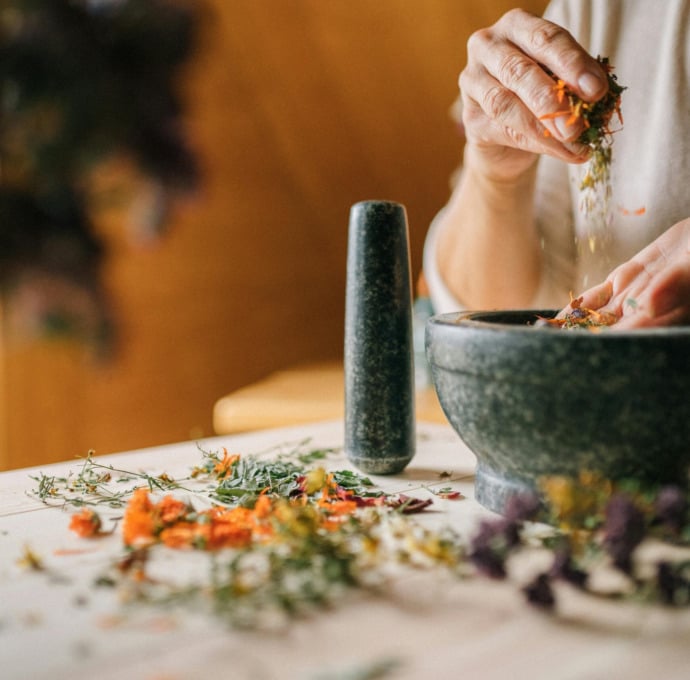

Share your thoughts